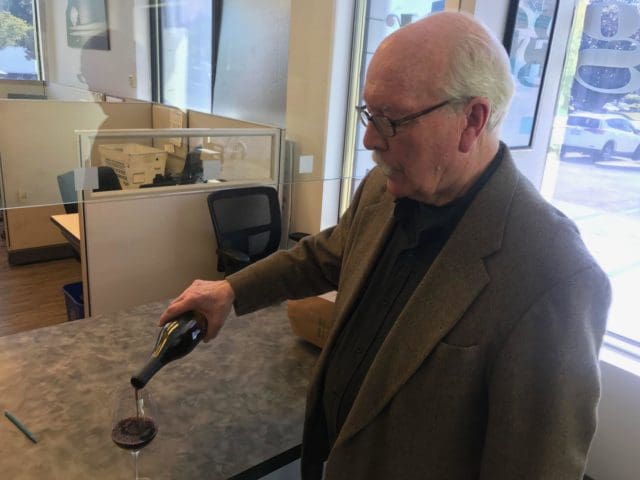Tasting Room Expertise: How to Find and Recruit Tasting Room Staff
Don’t limit your search before you consider all possibilities.
By Craig Root
NOTE: With tipping now allowed, some full-time tasting room staff are making $50,000 to $100,000 per year (when you add in sales and wine club commissions). In the past, full-time tasting room employees made much less. Most of my advice is for smaller wineries, where there are a lot of part-timers who don’t make six figures.
***
When you are looking for tasting room staff, you ideally want to attract candidates who know about wine and food. However, the ability to be gregarious and engaging is also extremely important, as engaging with customers is the sweet way to increase sales and club sign ups. Also, tasting rooms are one of the best avenues in the wine business for relationship building.
So keep in mind this mantra I’ve been using for decades: “I can teach you wine. I can’t teach you friendly.”
A great place to start is with traditional potential employee websites such as WIN’s wineindustrycareers.com, Indeed and LinkedIn. But you have to always be looking, especially if you are in a region of the United States that doesn’t have dozens and dozens of wineries and tasting rooms. Usually, these areas don’t have an abundance of veteran tasting room employees looking to either switch employers or re-enter the tasting room workplace.
In that case, you have to always be searching for and recruiting fresh staff. It could be a favorite teller at your bank or an especially charming restaurant server. With proper training, (the subject of a future article) you can get anyone up to speed. You’re never going to get the well-informed (yet boring) wine snob to be charming and engaging. You’re looking for candidates who have wine skills, sales skills and a pleasing personality. When in doubt, go with the charmers.
Two groups that have proven to be effective tasting room employees are retired folks and teachers.
Some of the best people I’ve ever worked with or hired were retired professionals. I’m thinking of Larry, who had retired from managing a full service gas station (gas, retail store, car wash). On the surface, it may not sound like a fit, but Larry liked wine and loved to cook. You want someone to help with inventory, and then host a high end tasting, and then take care of a bus group? Larry was your man. He also was consistently the best at selling wine clubs.
In short, he was an exemplary employee — but if you had sneered at his “gas station manager” resumé, you probably wouldn’t have interviewed him.
Teachers are available on weekends and during summer months. They’re good with crowds and tend to be very responsible. Through your social media networks, let teachers know that you offer competitive pay, flexible schedules and 40-50% off wine purchases. In my experience, teachers like wine but they can’t always afford it, so discounts are a big plus.
When a candidate comes in for an interview, don’t immediately take them into your office. Let them mingle with any staff who are around. After the interview, ask the staff their impressions. Was the candidate friendly? Did they ask open-ended questions? Or were they aloof because they thought they didn’t have to impress “underlings”?
At my one-day class at UC Davis, I provide a list of 17 interview questions; here are a few of them. First a “softball question” to put the person at ease:
Before you conclude your interview, ask “What else should I know about you?”
Then, of course, ask if the candidate has any questions for you.
One more tip: a happy staff will recruit for you. If time goes by and no current employee suggests a friend or neighbor to work at your tasting room, you might have a morale problem.
Remember, if they aren’t knowledgeable about wine, food and restaurants, that’s not a deal breaker. Were they upbeat, gregarious, kind and friendly? I can teach you wine, I can’t teach you friendly.
_____________________________________________________________

Craig Root has more than 30 years experience working with tasting rooms. For more than 13 years, he was first staff and then a successful manager. In the last 20 years, he has consulted with more than 150 tasting rooms (including over 90 start-ups, mostly in the United States but also in China, Canada and France). He is the only person who lectures on tasting room design and management at UC Davis in its continuing and professional development division.













